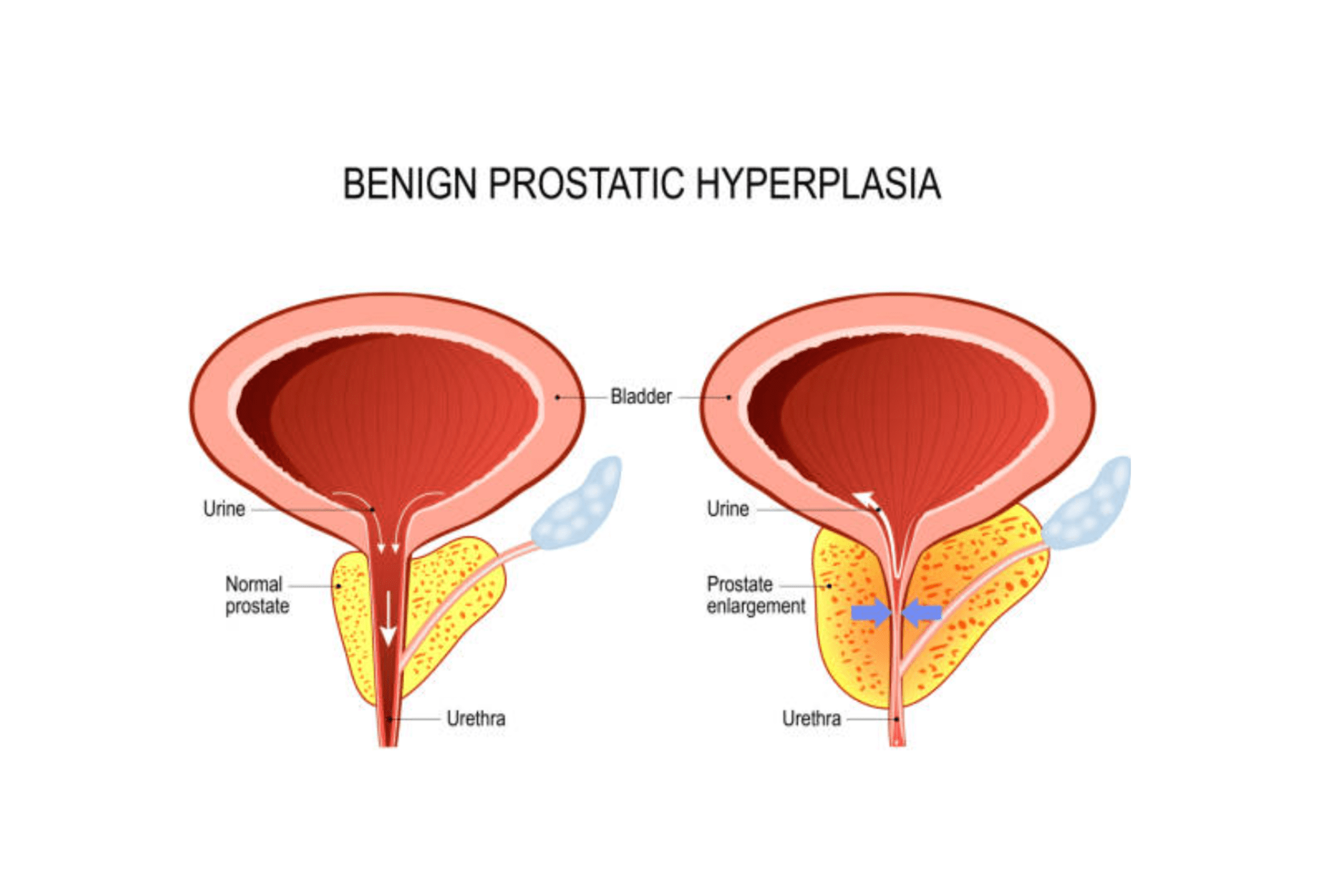
Get to Know Dr. Daniel Parker
An experienced urologic oncologist in Oklahoma City, Dr. Parker is committed to improving the lives of his patients.

Benign Prostatic Hyperplasia (BPH) is a non-cancerous enlargement of the prostate that commonly affects older men. BPH symptoms include a frequent need to urinate, especially at night, difficulty starting urination, weak urine stream, and inability to completely empty the bladder. Diagnosis is often made through a digital rectal exam, urine tests, and imaging studies. Treatments for BPH include lifestyle changes, medications, minimally invasive procedures, and surgery in severe cases.
BPH can lead to various urinary symptoms due to the enlarged prostate pressing against the urethra and bladder. These symptoms affect the frequency and ease of urination.

The exact cause of BPH is not fully understood, but it is believed to be linked to hormonal changes as men age. The balance of hormones like testosterone and estrogen shifts, leading to prostate cell growth. Additionally, dihydrotestosterone (DHT), a male hormone that helps prostate development, may accumulate and contribute to prostate enlargement.
Treatment options for BPH include lifestyle changes such as reducing fluid intake before bedtime and avoiding caffeine and alcohol. Medications can help relax the bladder or shrink the prostate. Minimally invasive therapies, like transurethral microwave therapy (TUMT) and transurethral needle ablation (TUNA), are available. In more severe cases, surgical procedures like transurethral resection of the prostate (TURP) or laser therapy may be necessary.

An experienced urologic oncologist in Oklahoma City, Dr. Parker is committed to improving the lives of his patients.
SOURCE: https://www.urologyhealth.org/urology-a-z/b/benign-prostatic-hyperplasia-(bph)